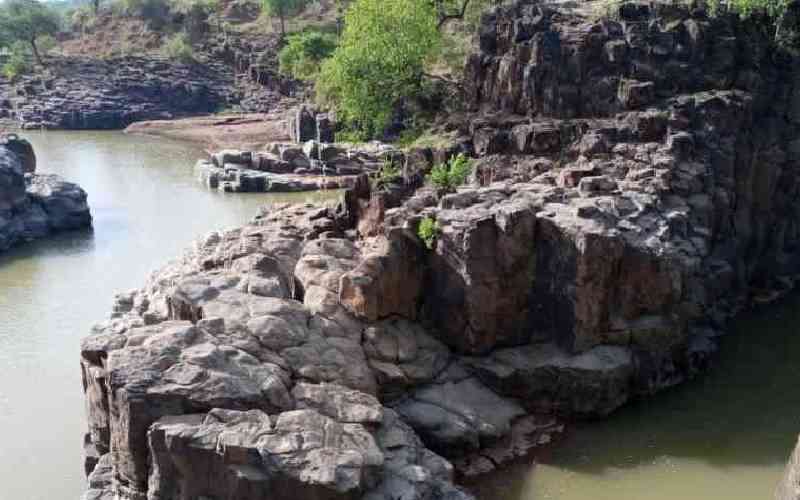
Climate change and extreme weather events on rivers around the world have an overall negative effect on water quality in rivers globally. An international team of experts, including scientists from the University of Adelaide, led by Utrecht University in the Netherlands, reviewed 965 studies sourced from every continent, conducted between 2000-2022.
Climate change was shown to have increased water temperatures and algae levels in 56 per cent of studies, which is partly responsible for a general decrease in dissolved oxygen concentrations in river water. The review also found droughts and heatwaves led to increased salinity and higher concentrations of pollutants, such as pharmaceuticals.